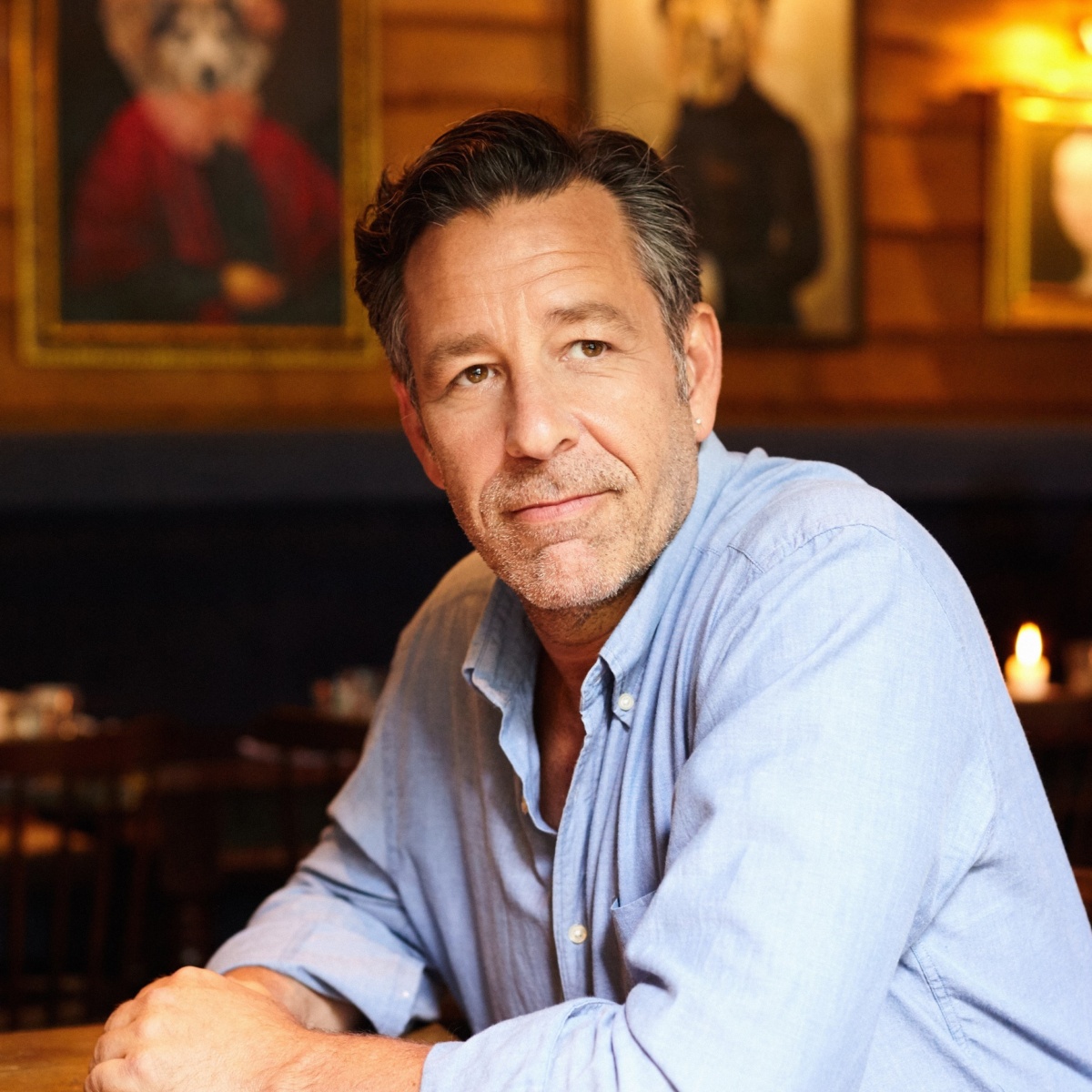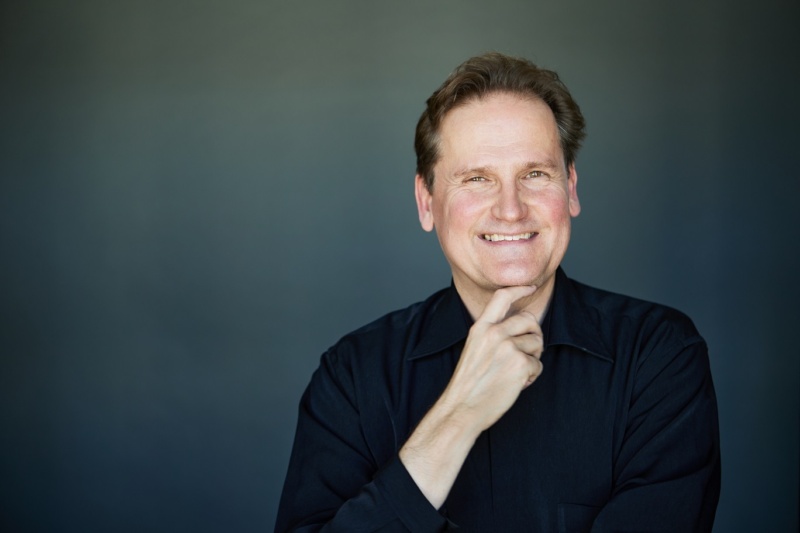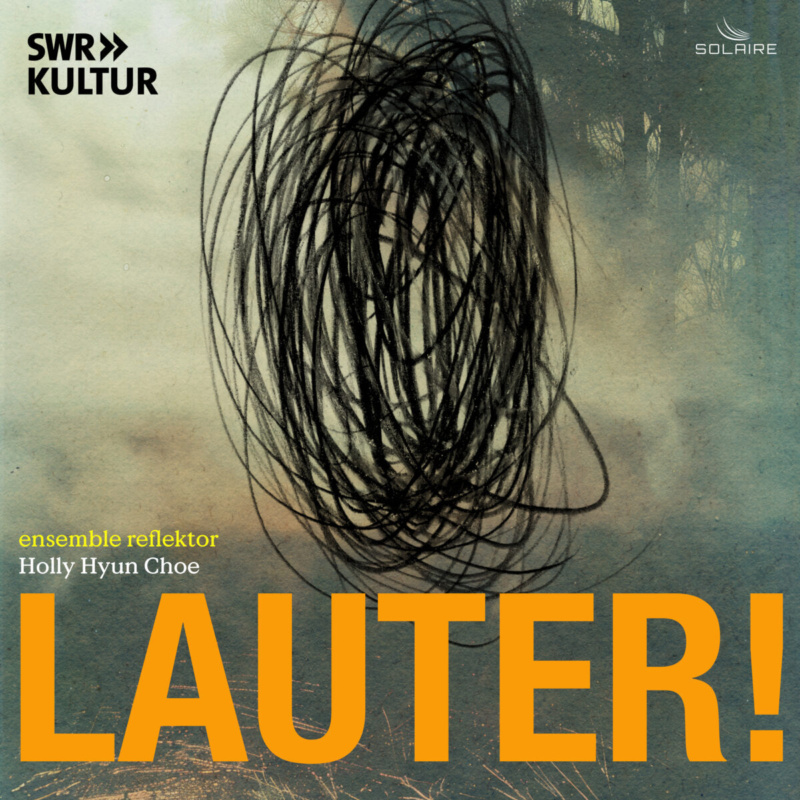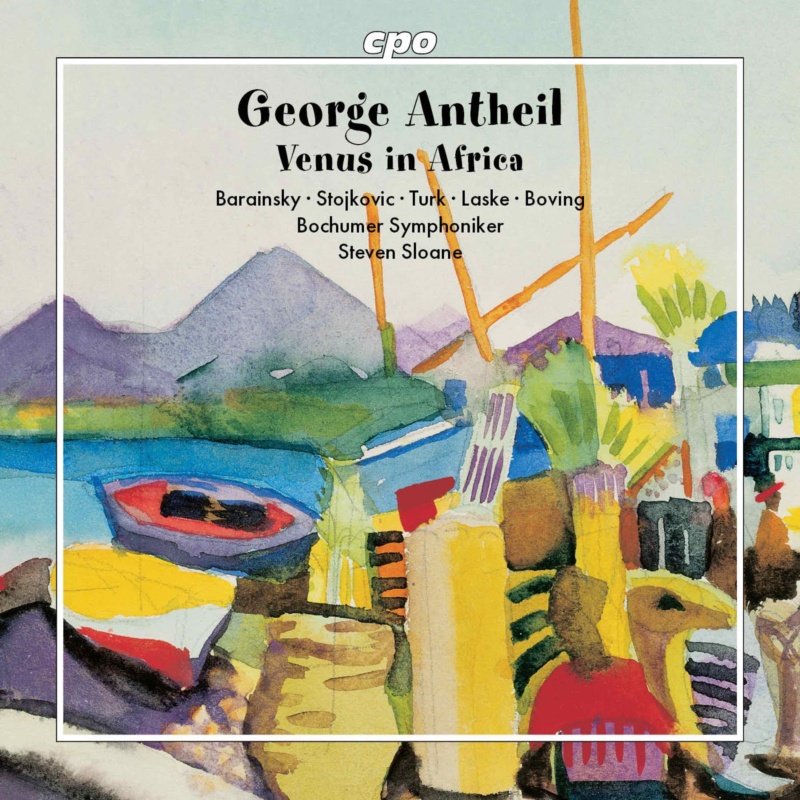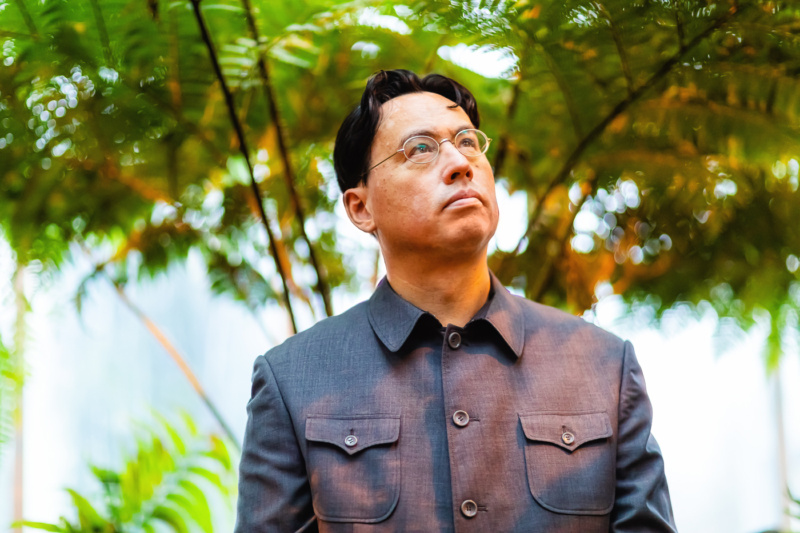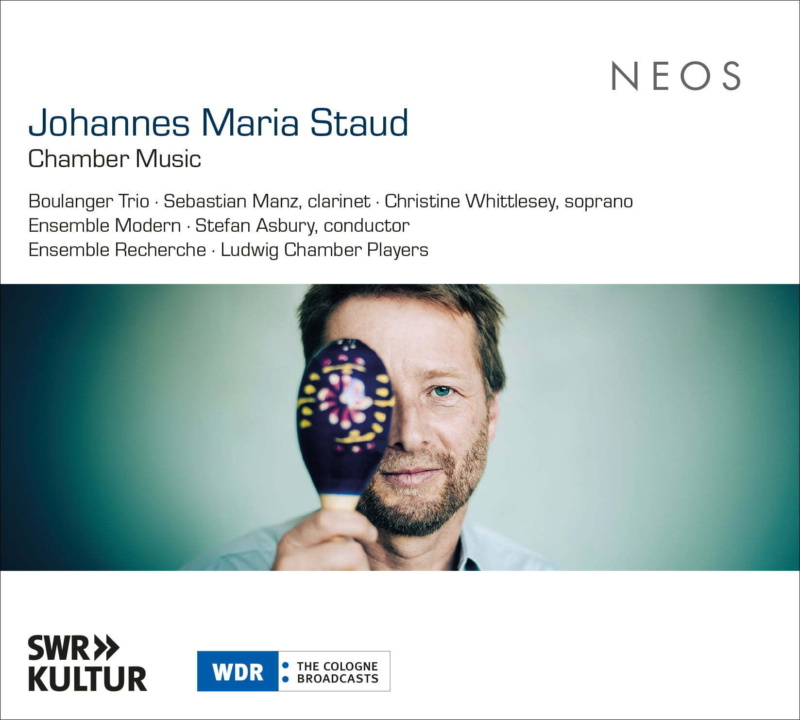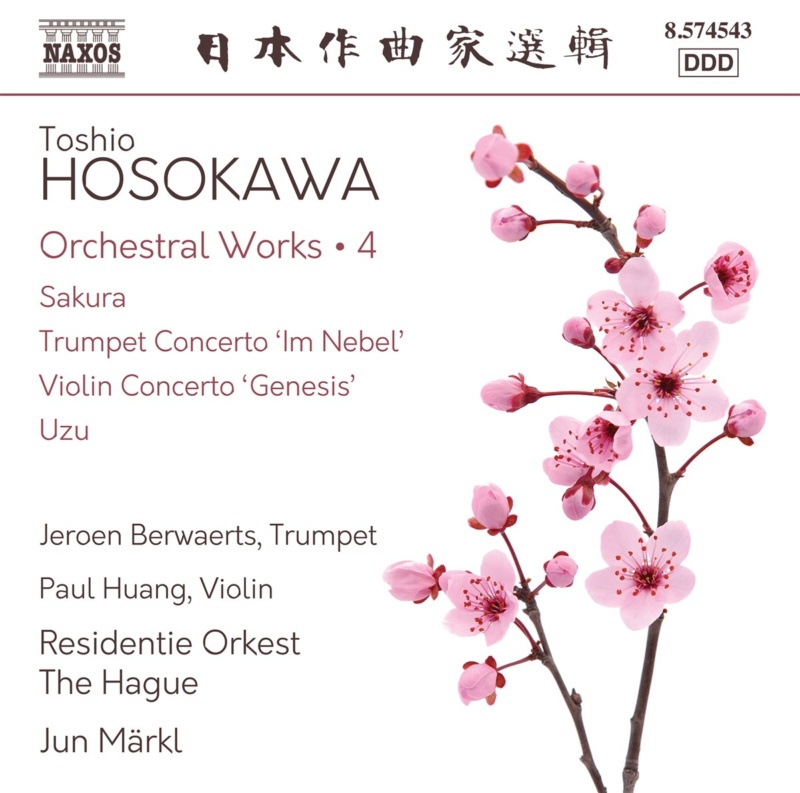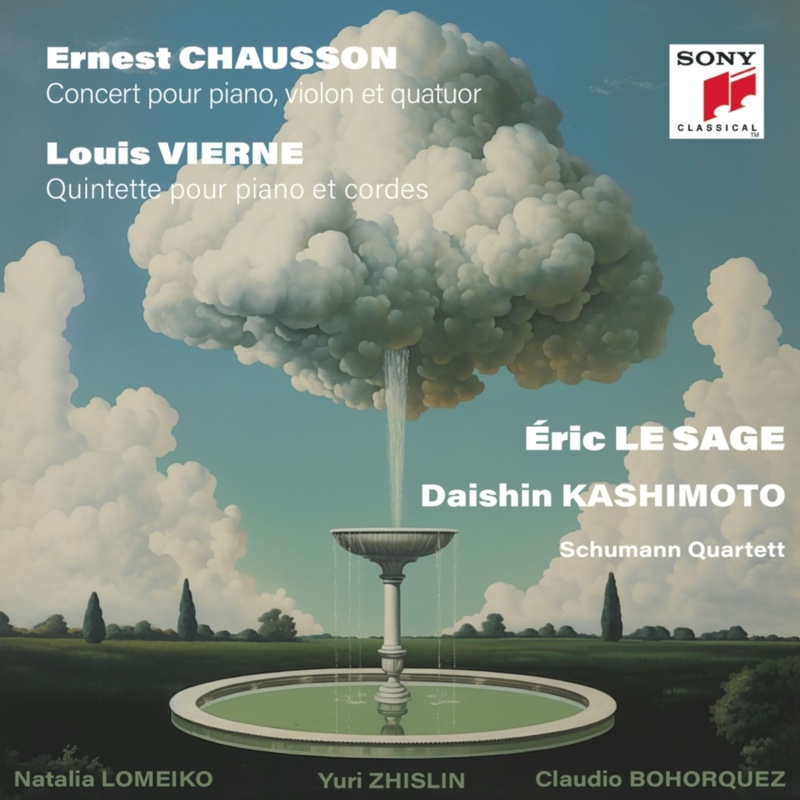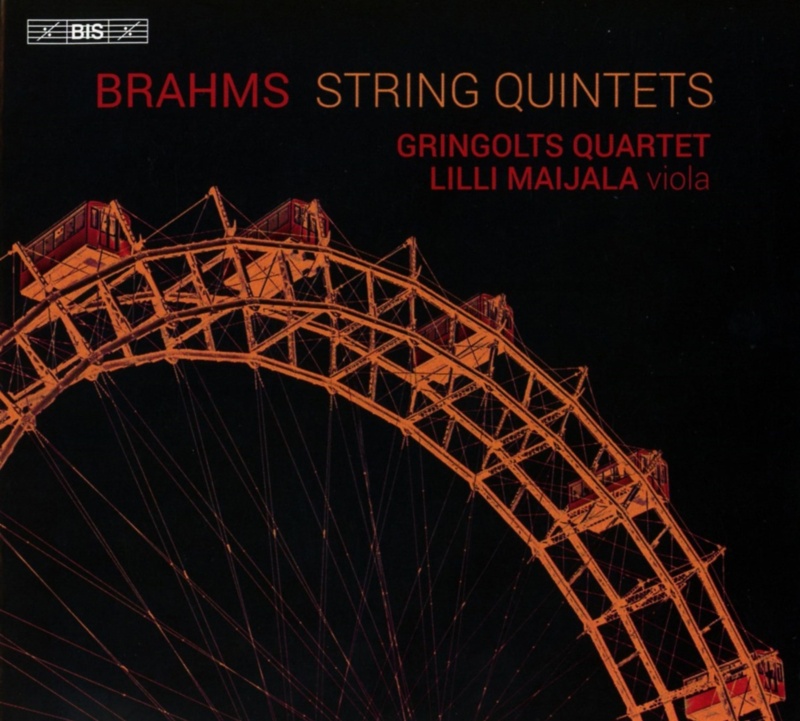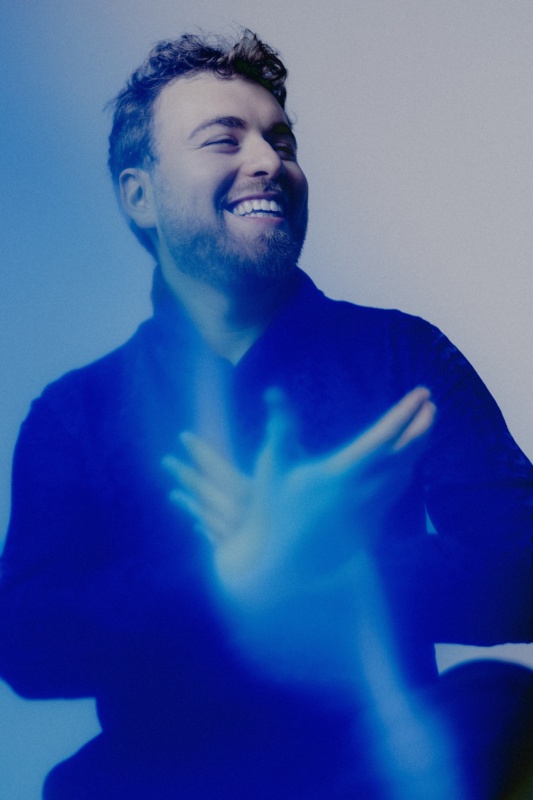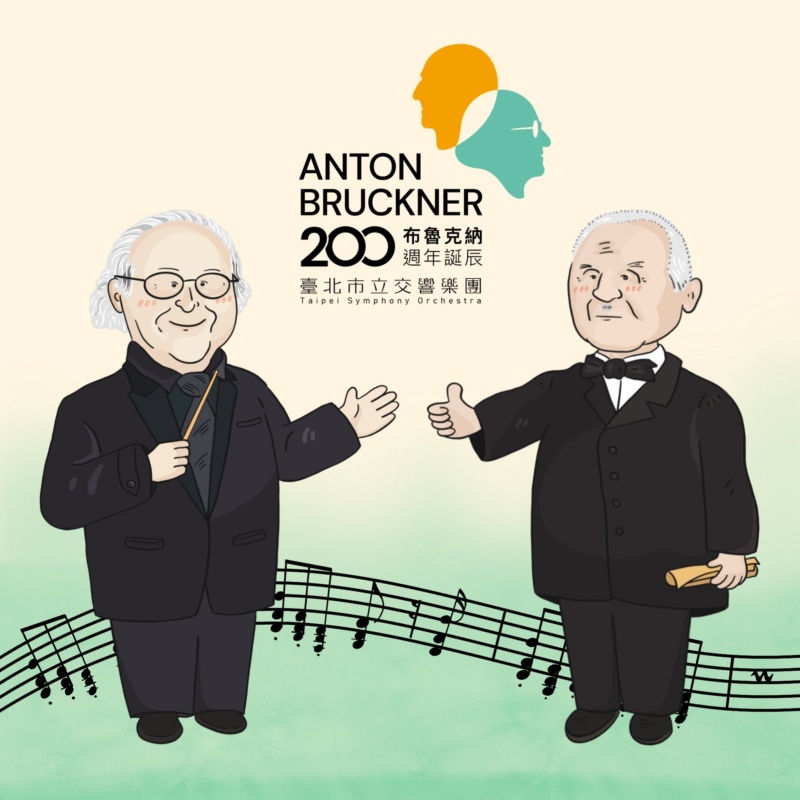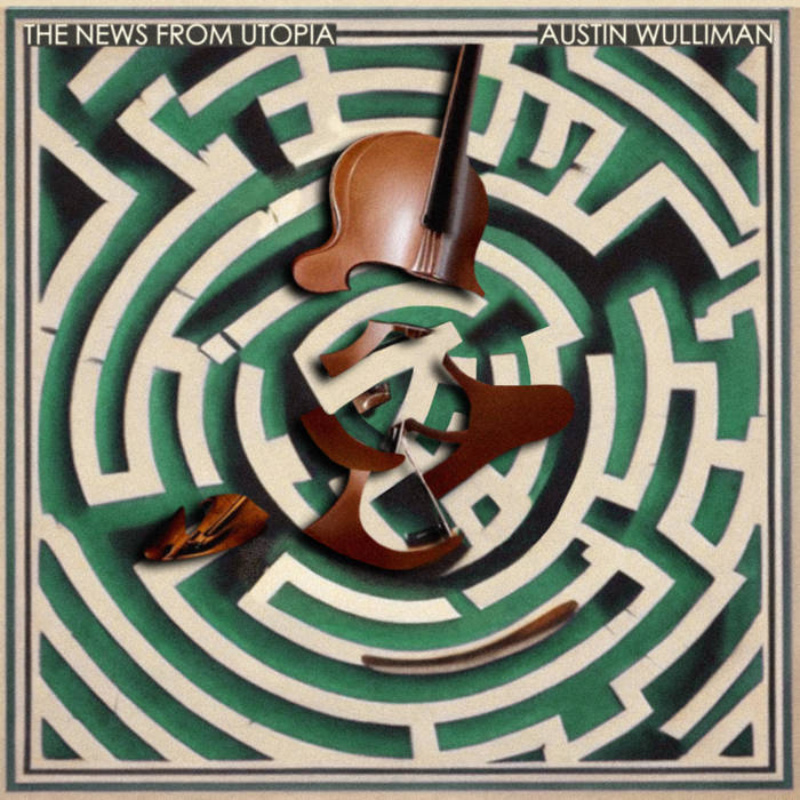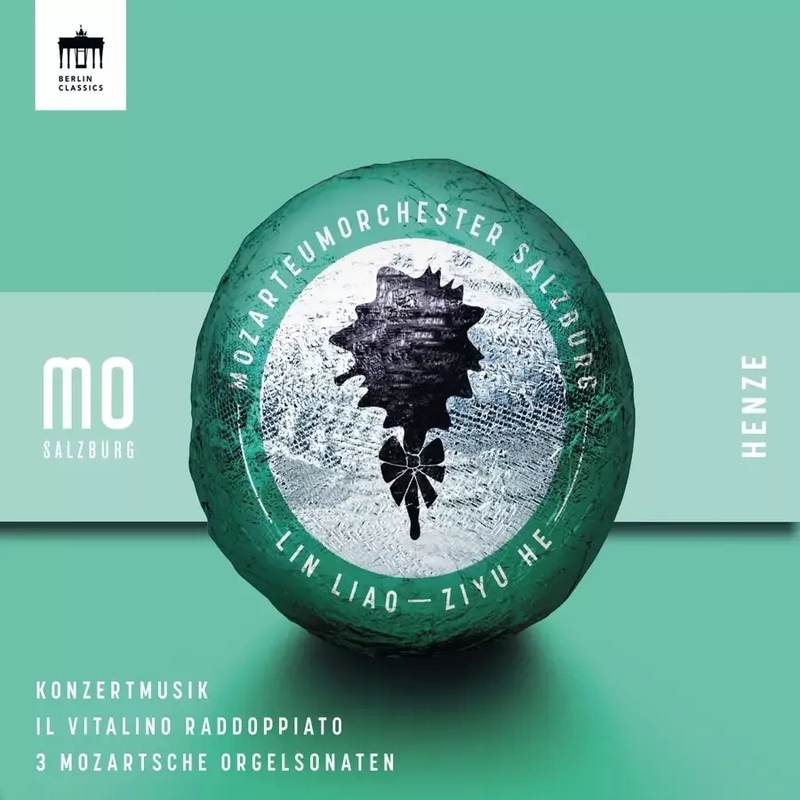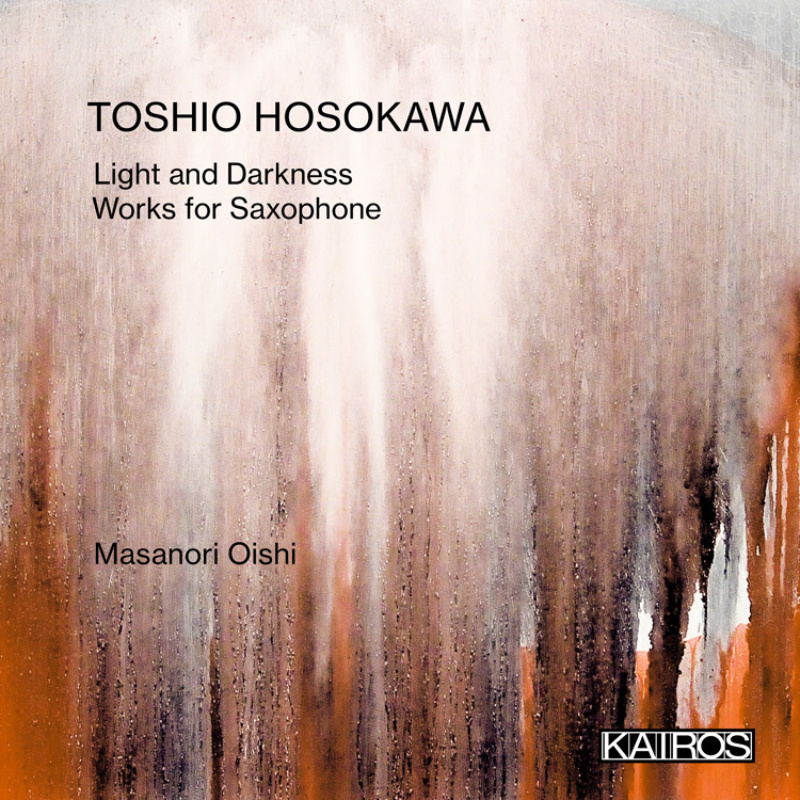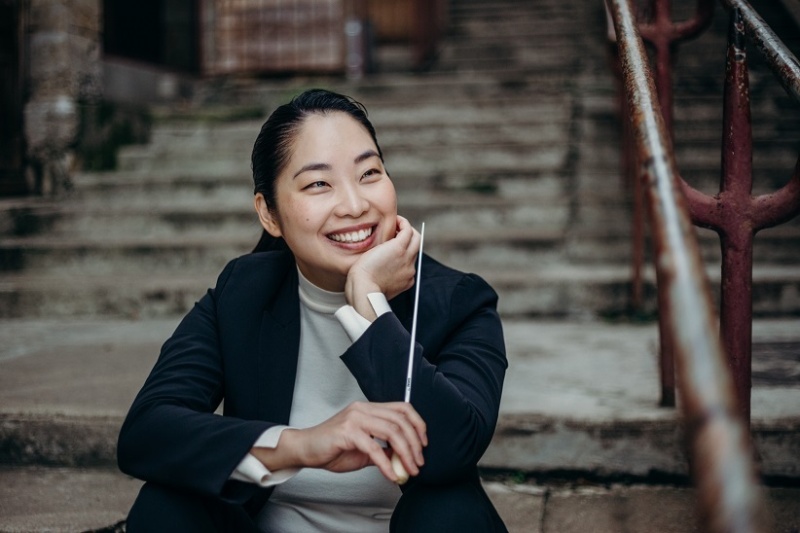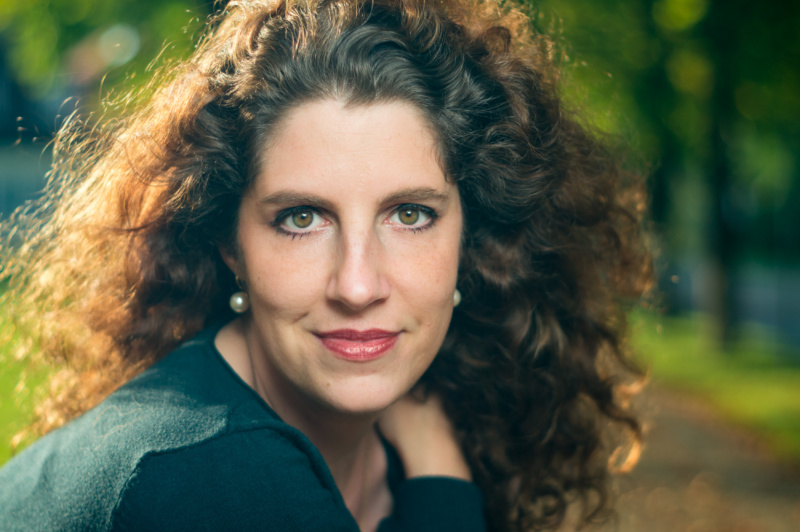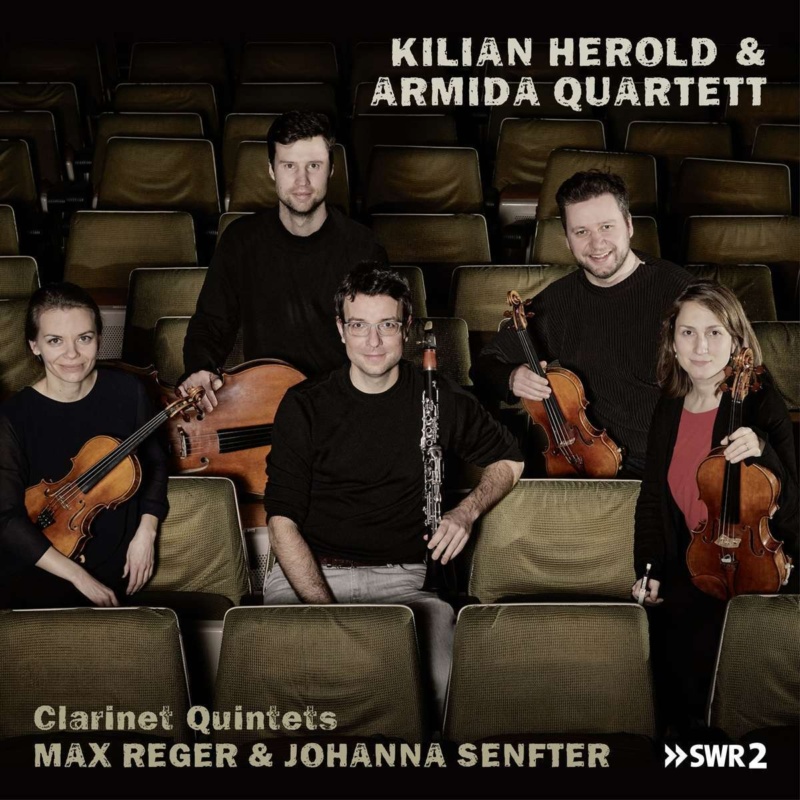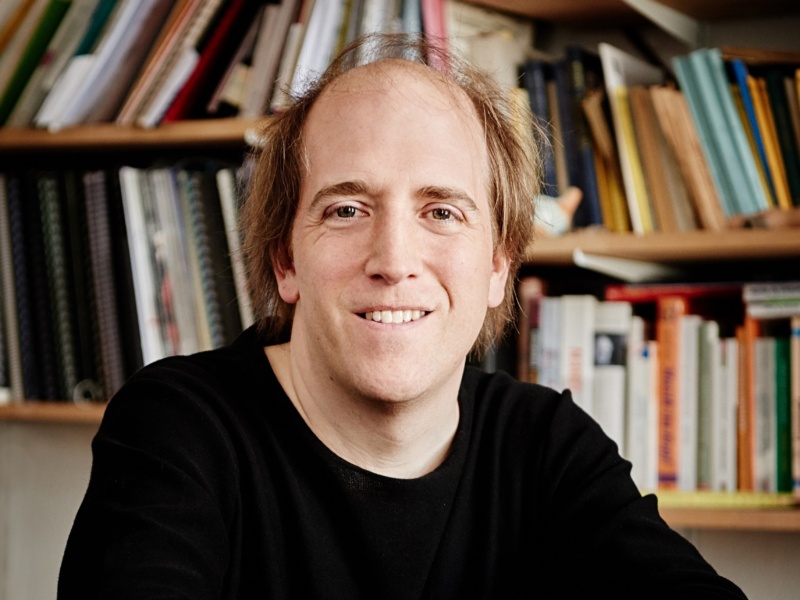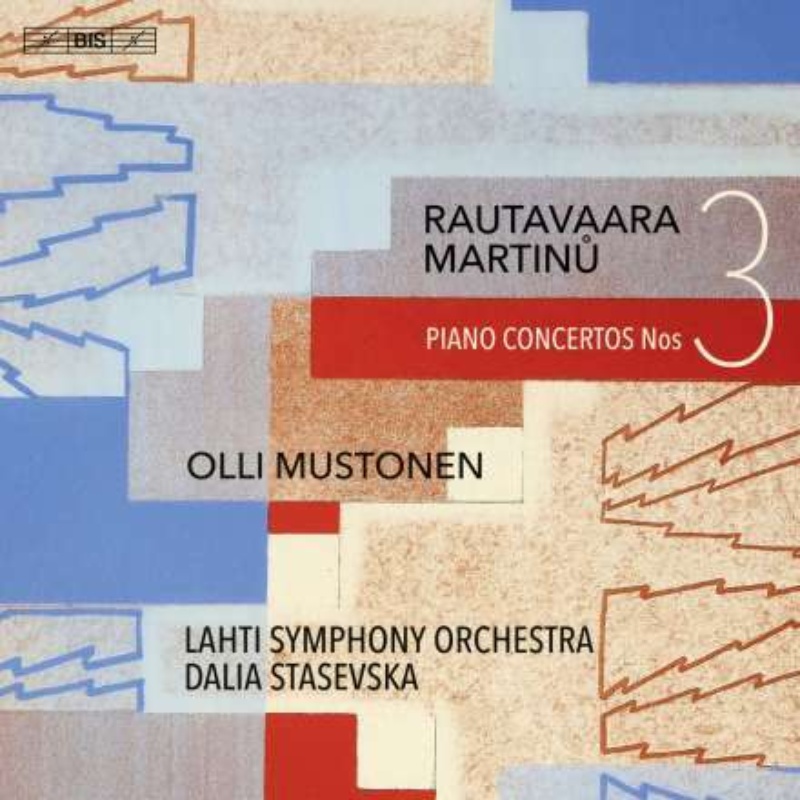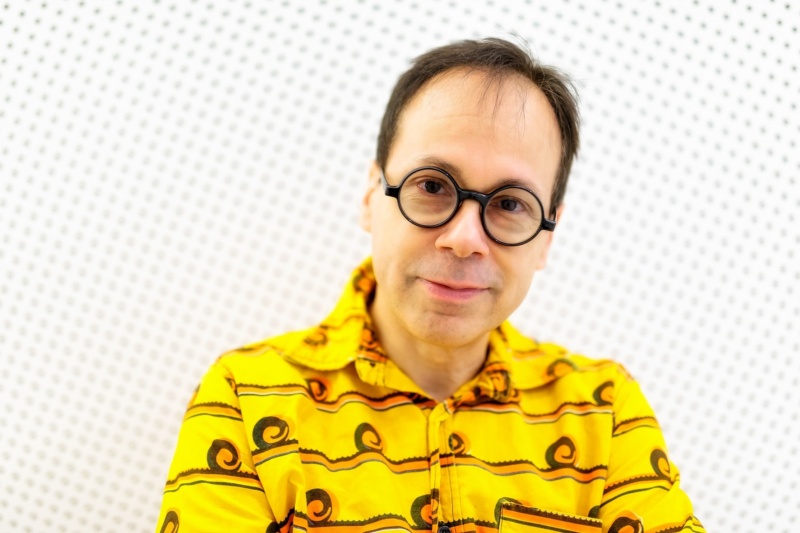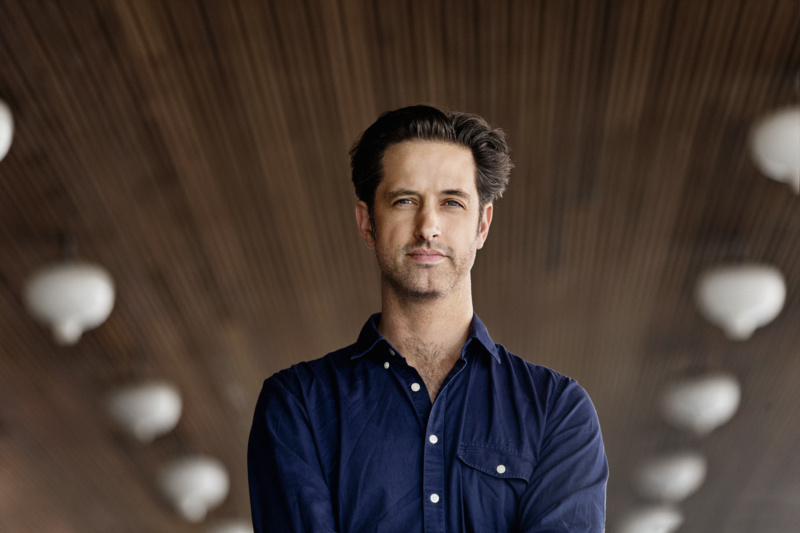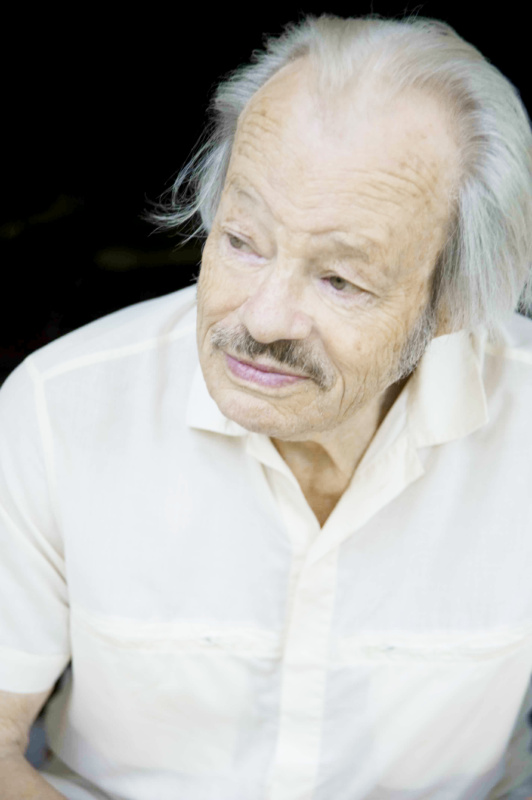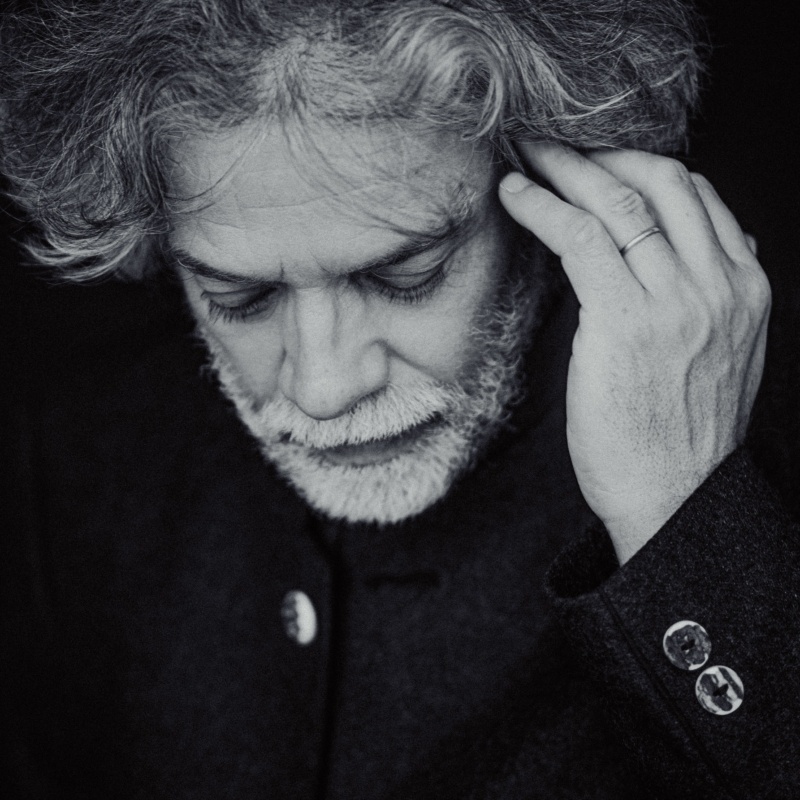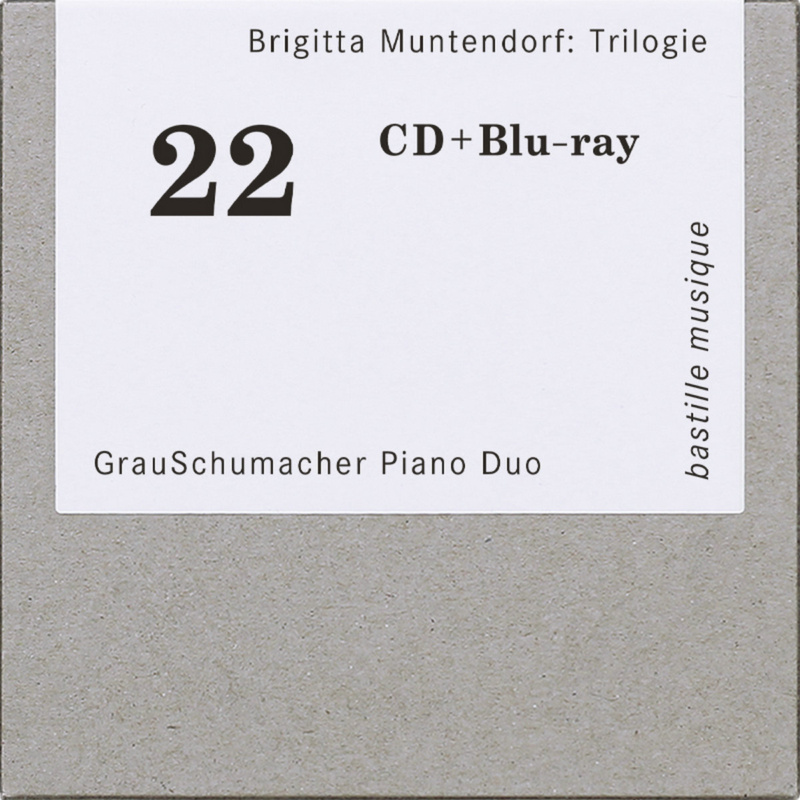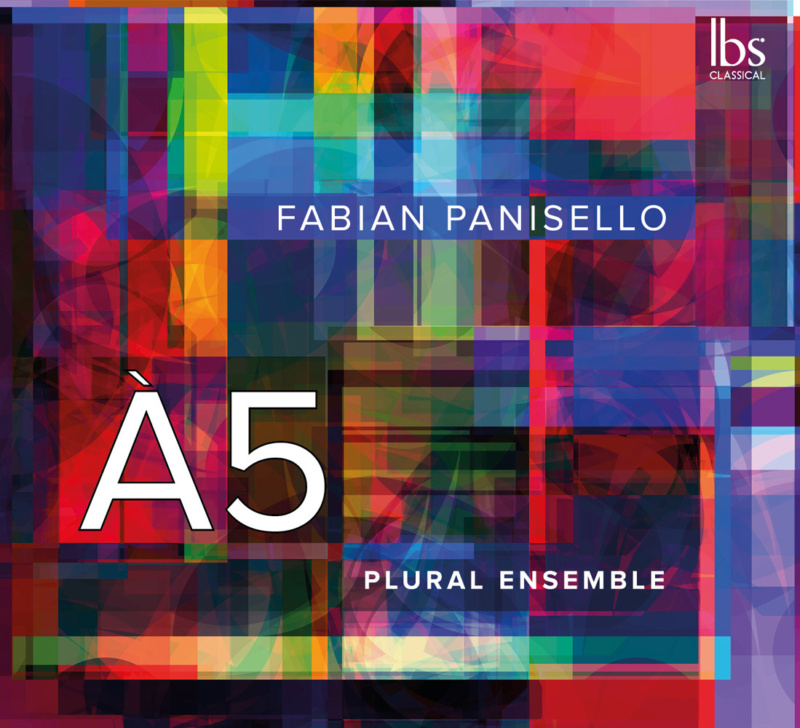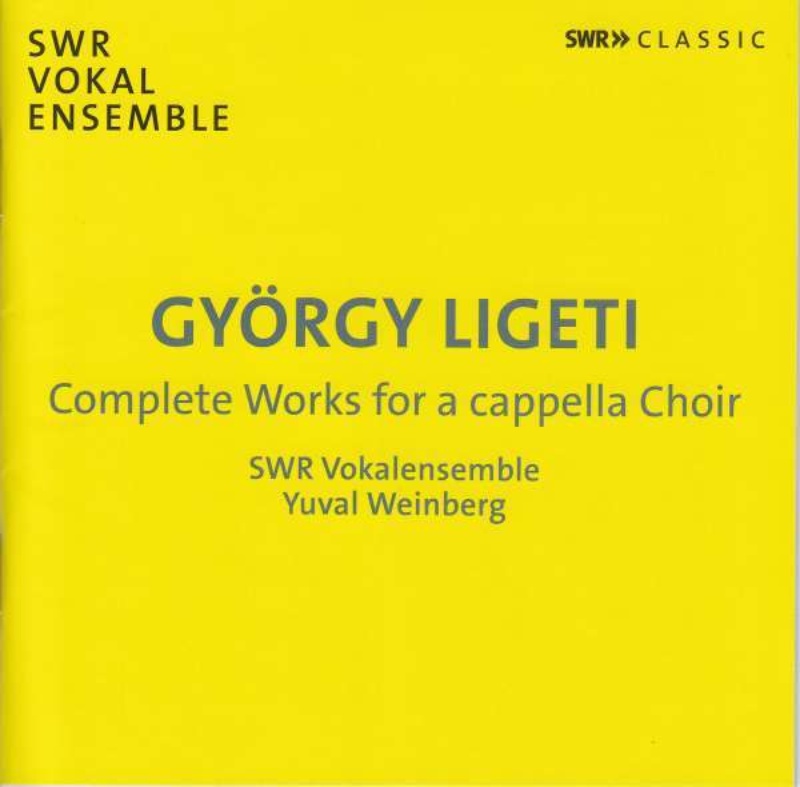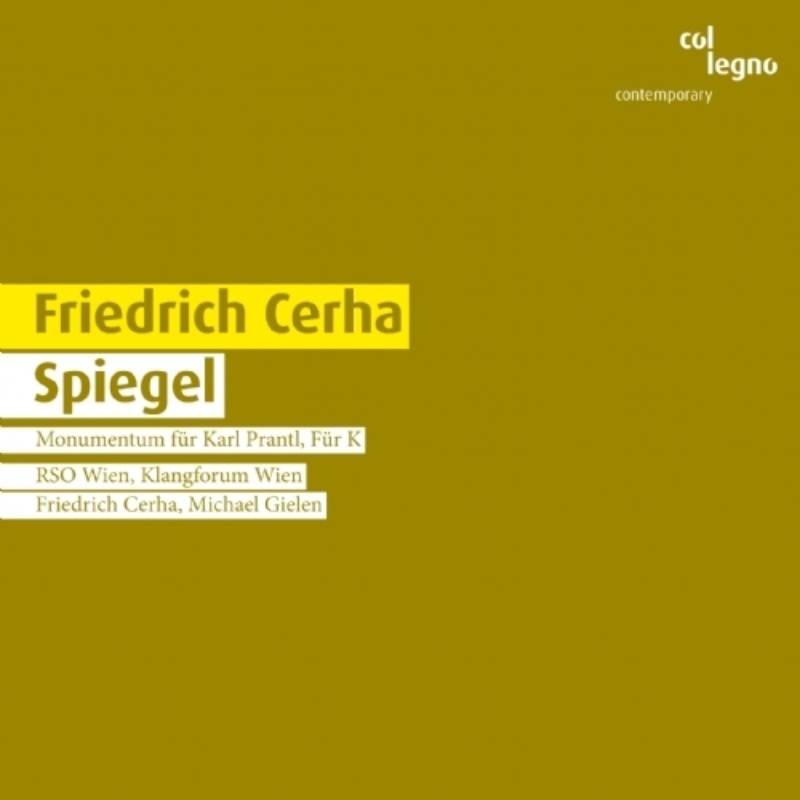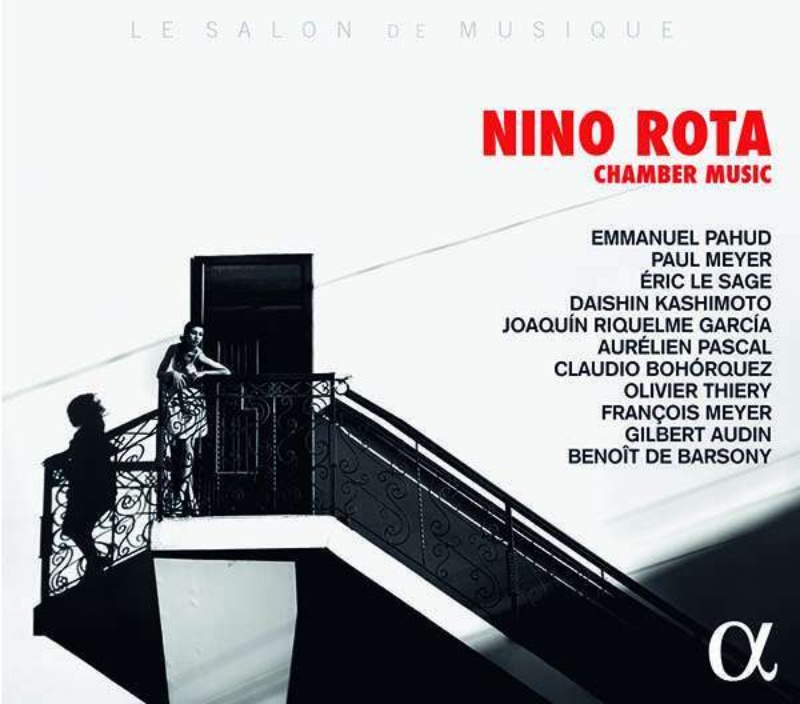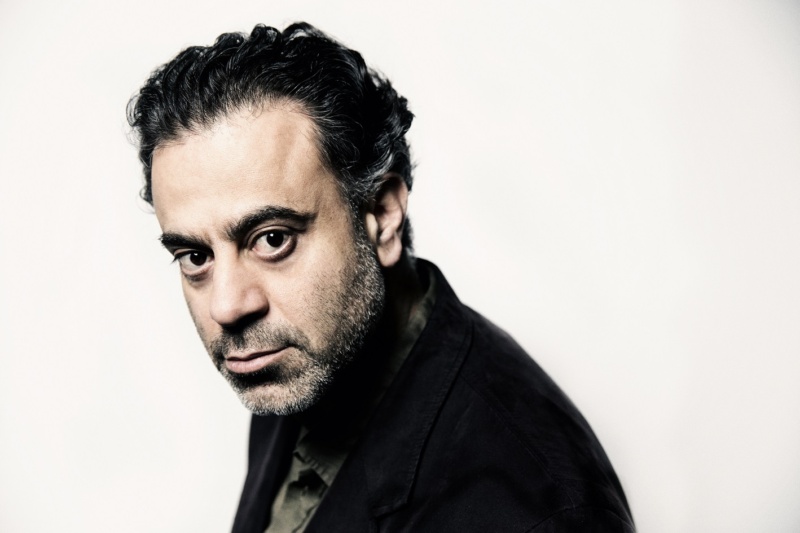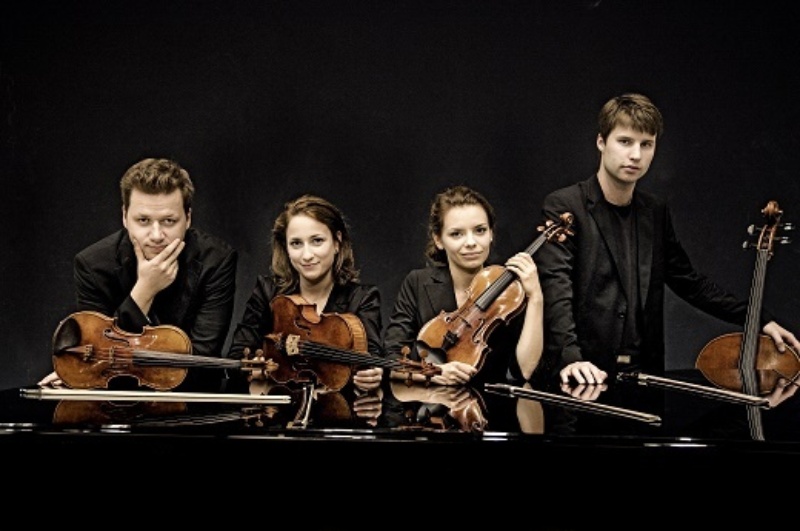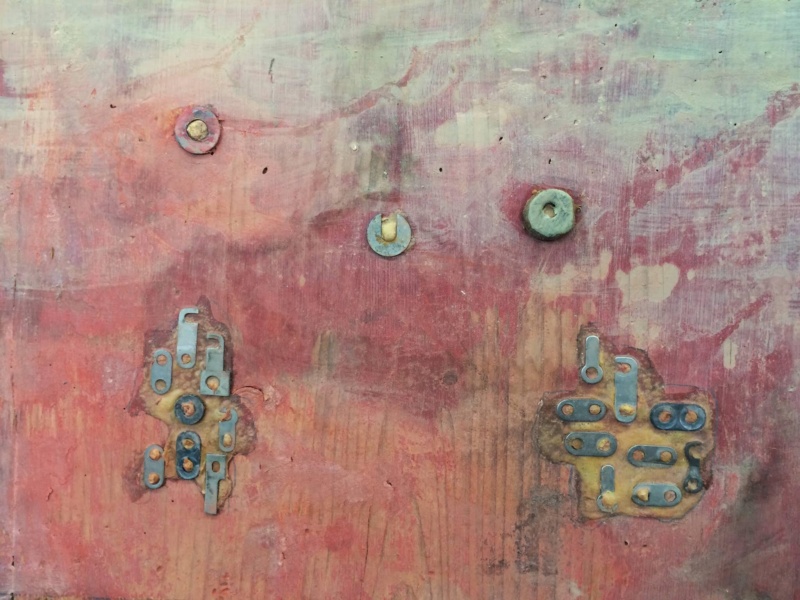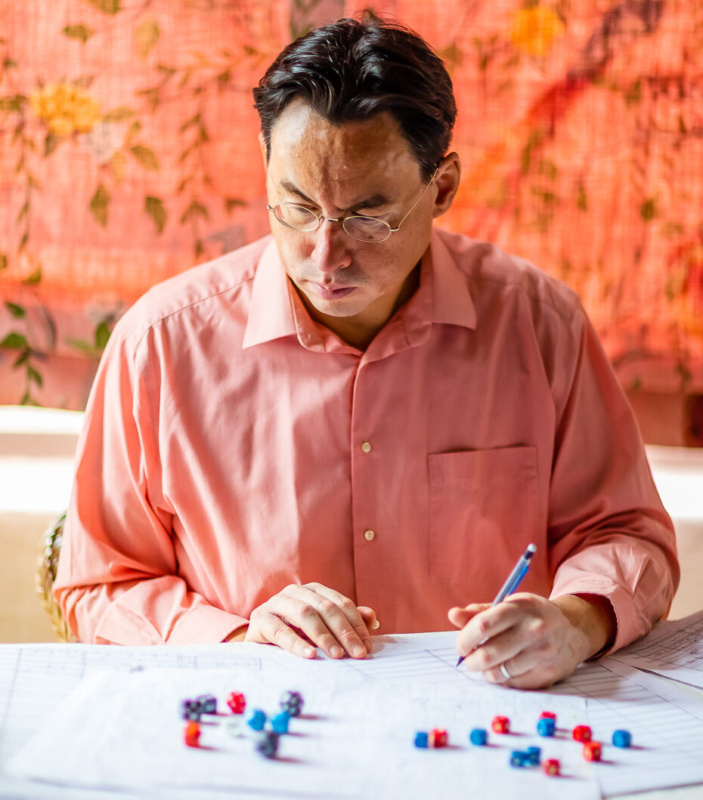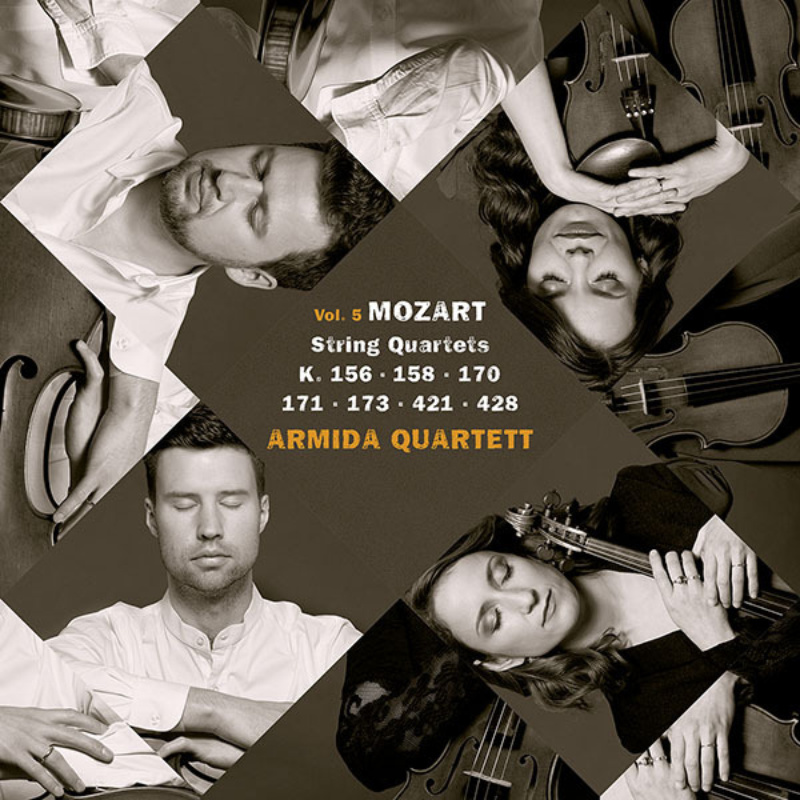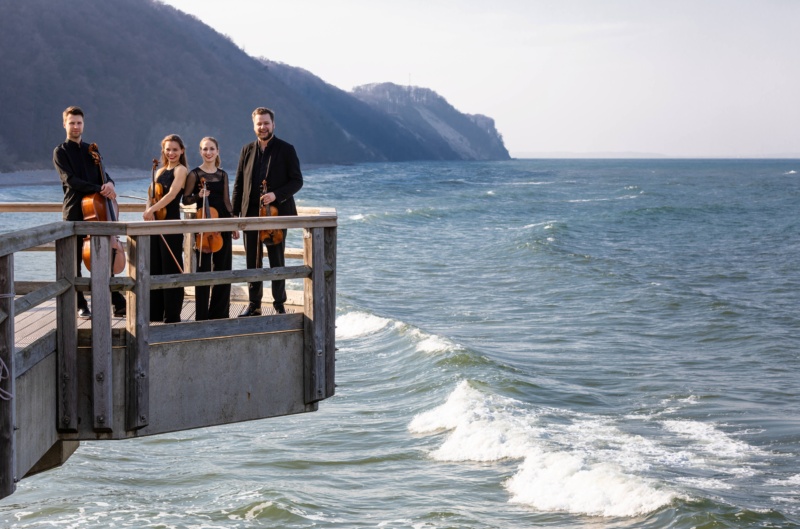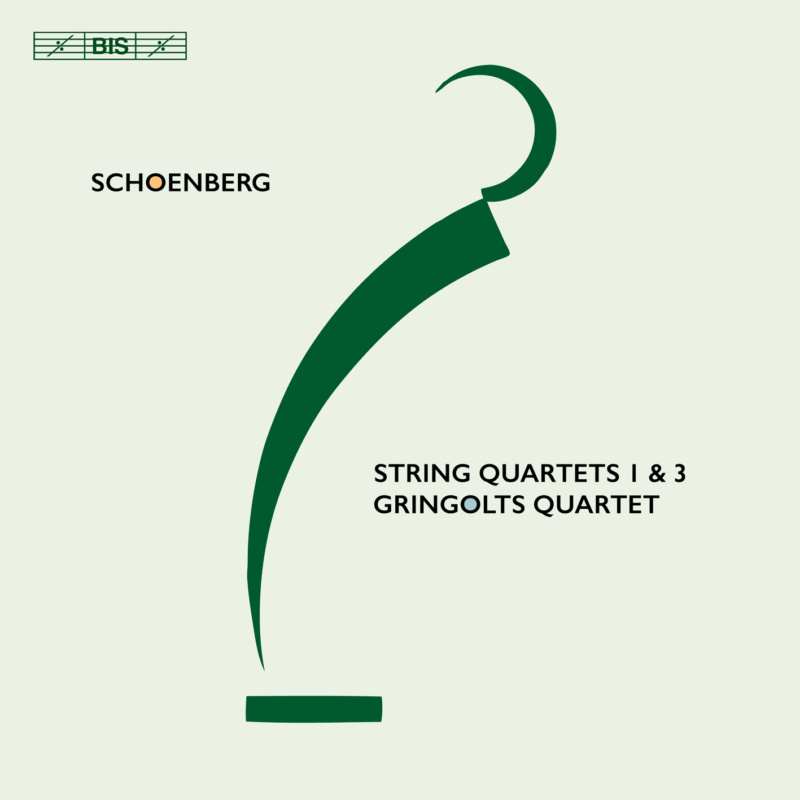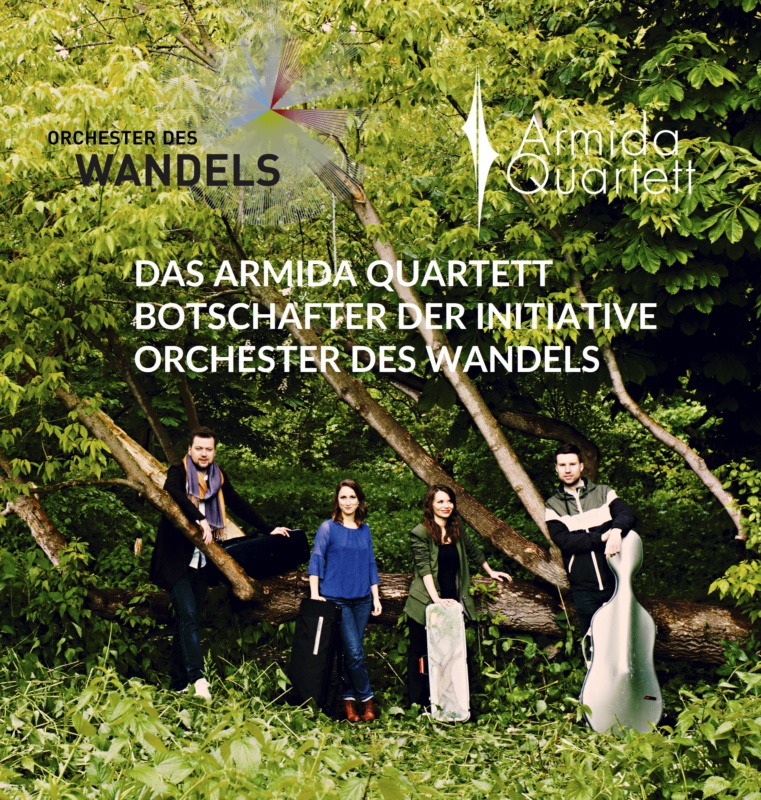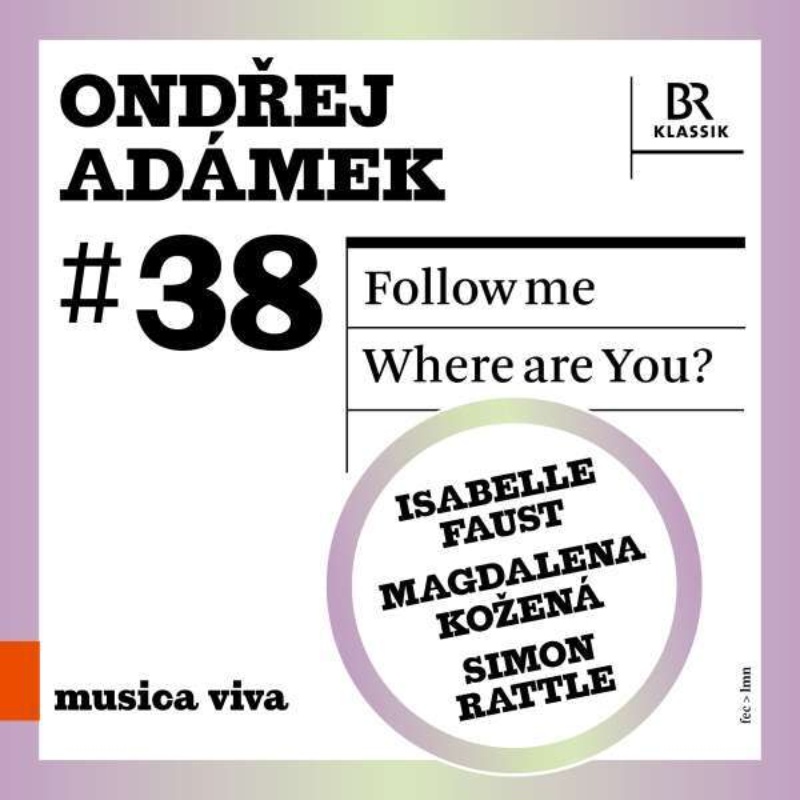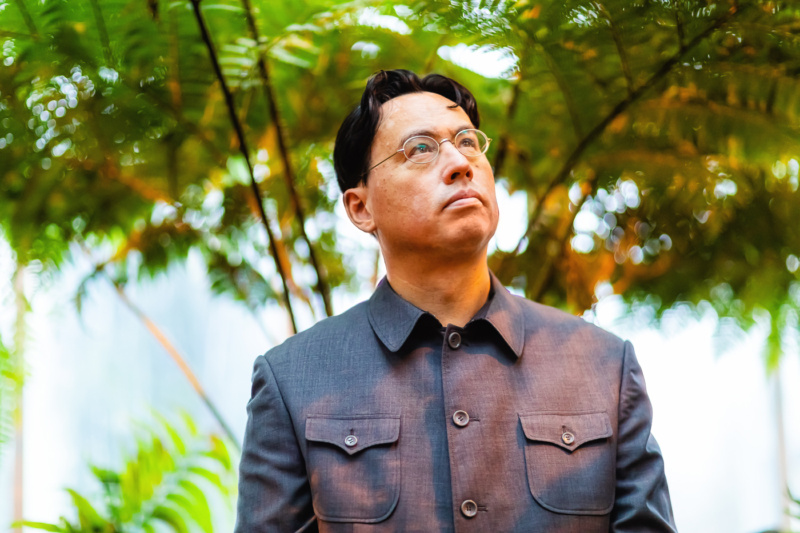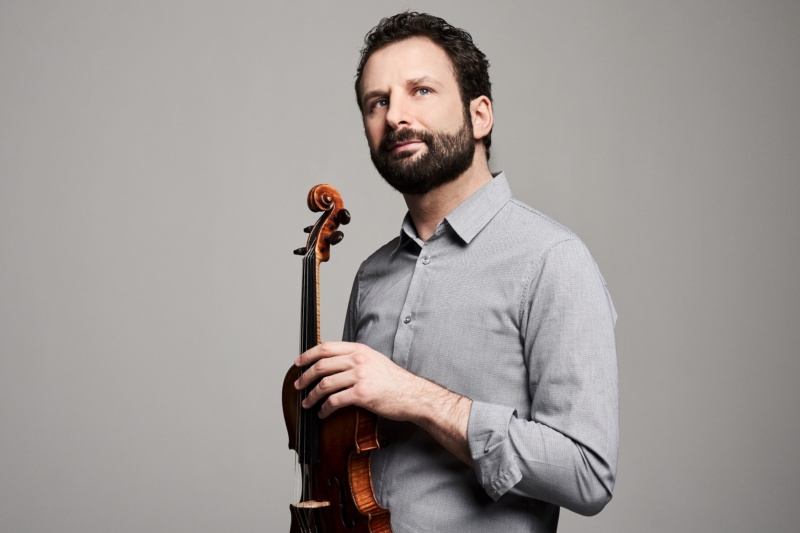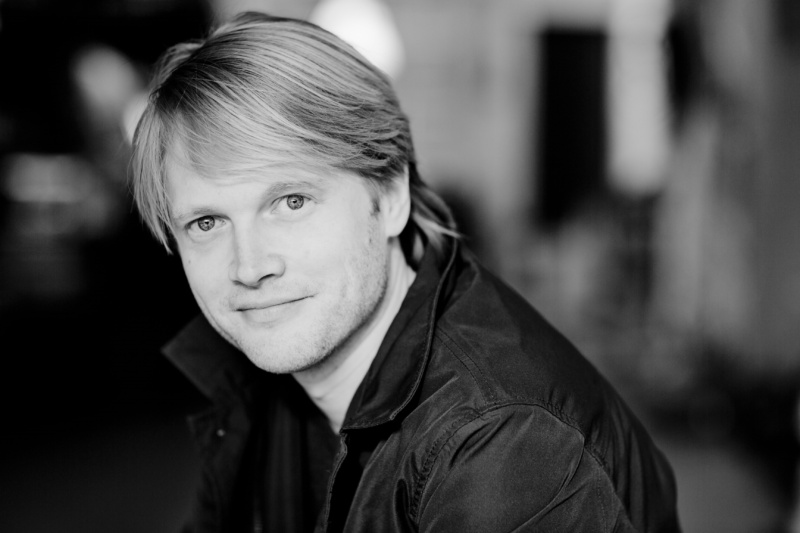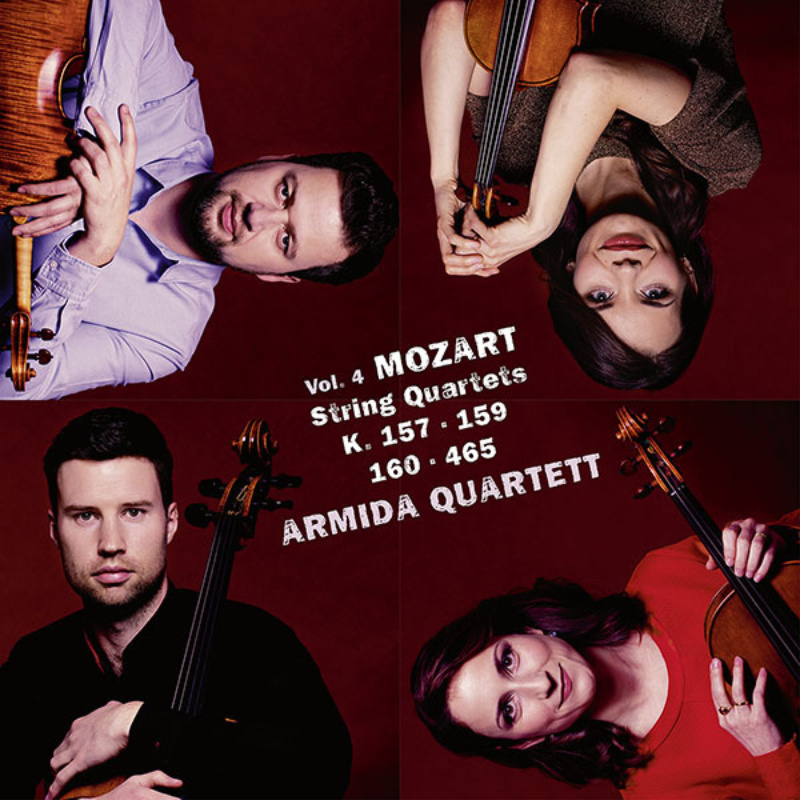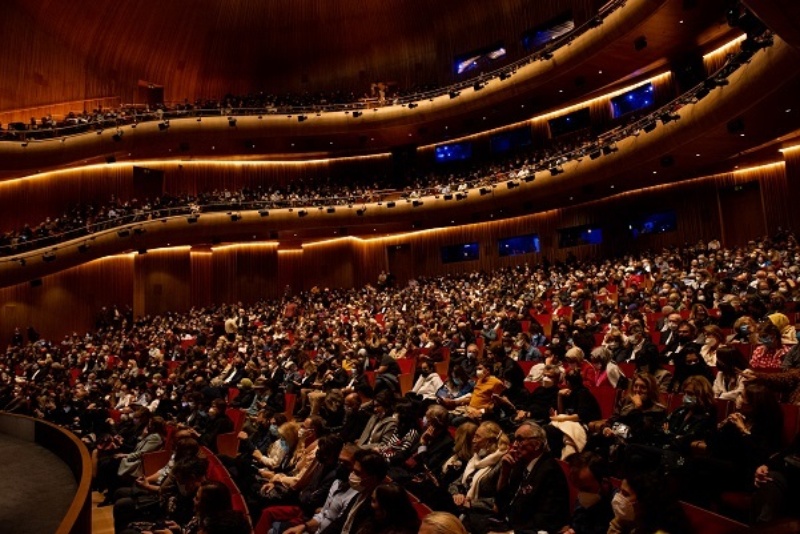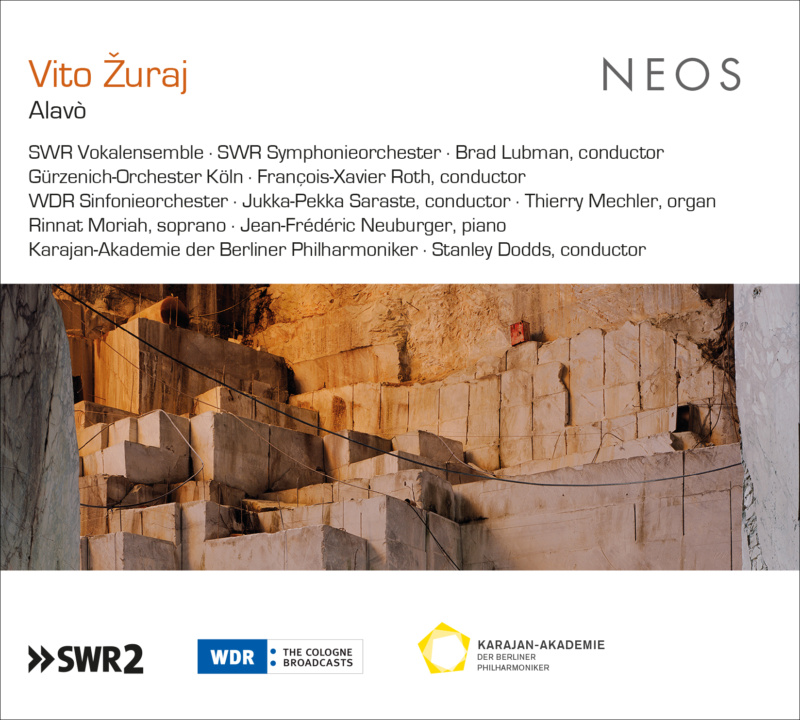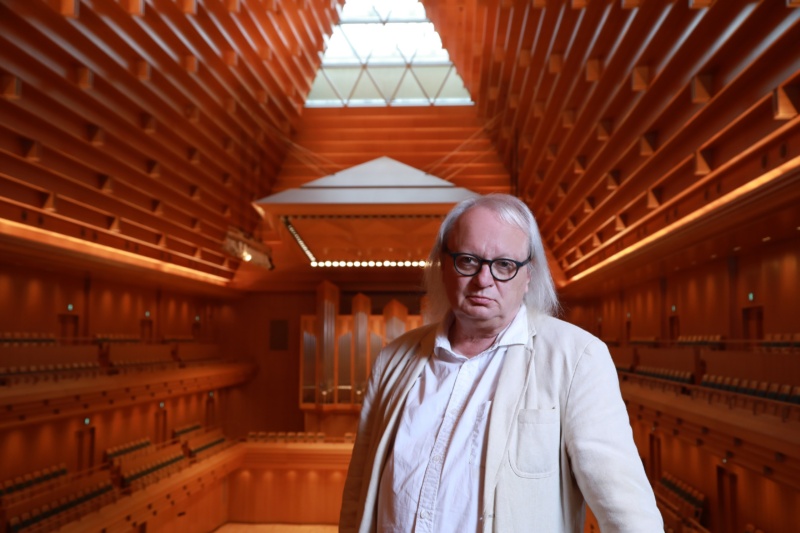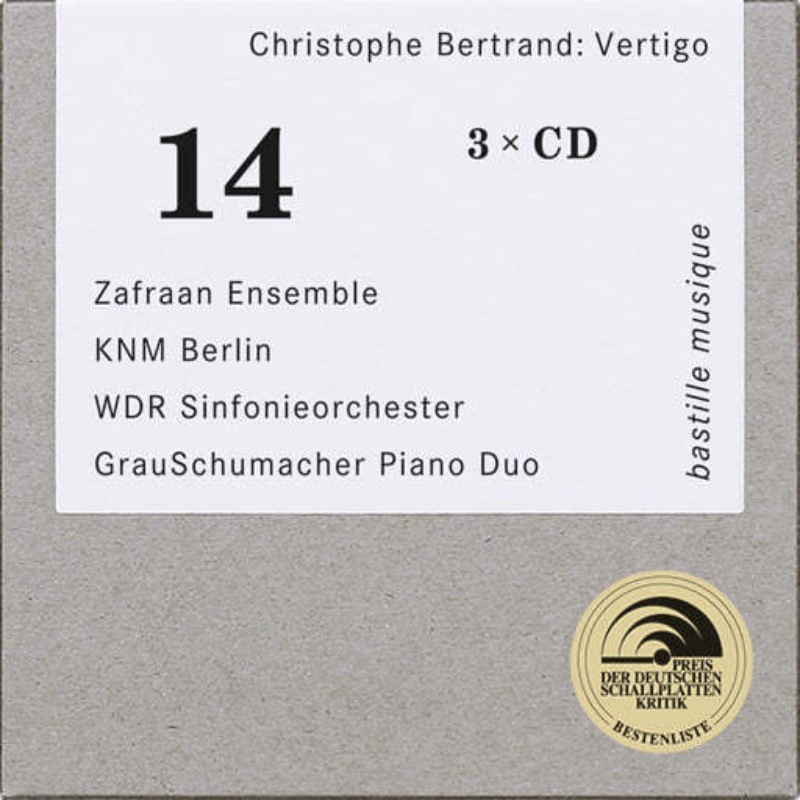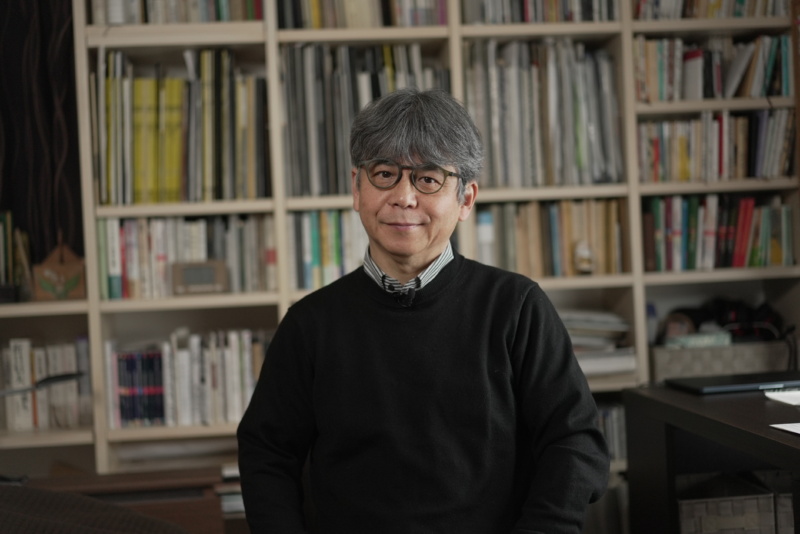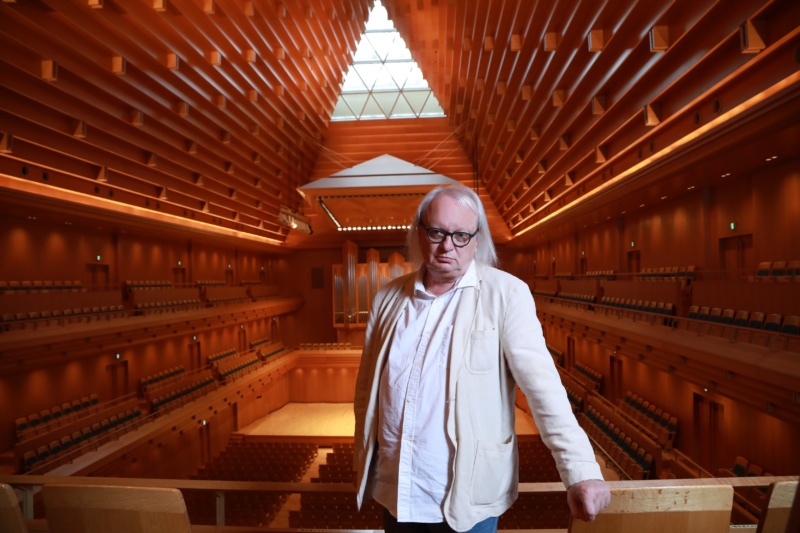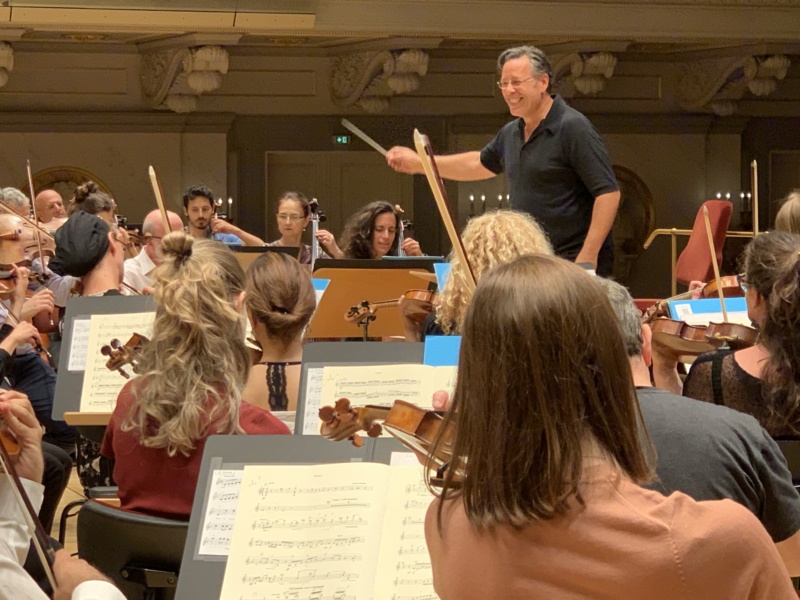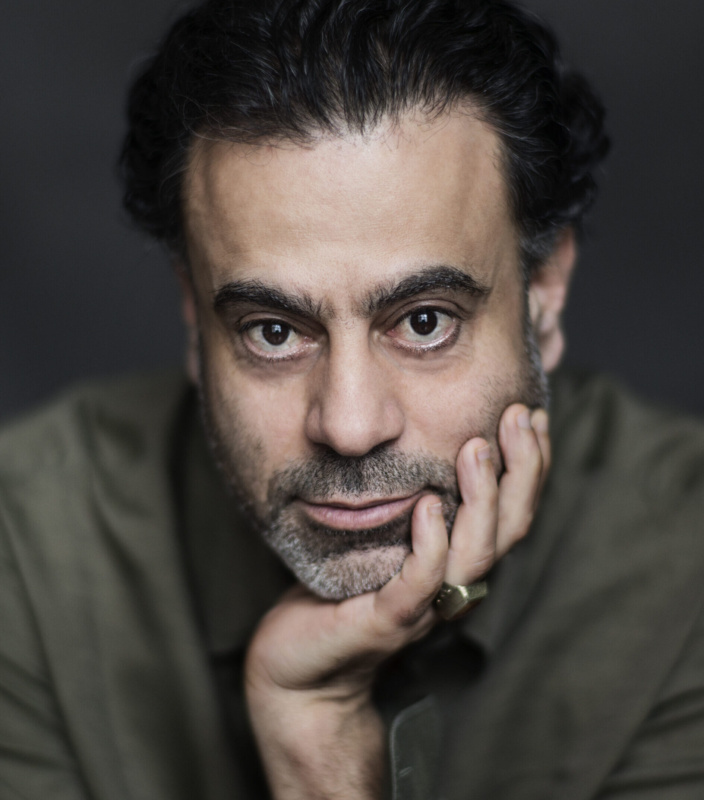The Israeli composer and conductor Noam Sheriff shaped the music life of Israel more than almost any other person. He died on 25th August 2018 at the age of 83. Shortly before the burial in Tel Aviv, the conductor Steven Sloane spoke to Karsten Witt about his memories of the great artist and mentor to following generations of Israeli conductors for many decades.
Karsten Witt: Steven, you have been closely connected to Noam Sheriff for a long time. When exactly did you first meet?
Steven Sloane: I knew him almost from the first moment I arrived in Israel in November 1981. I was asked by the Tel Aviv conservatory to form a youth choir, and shortly after that I was asked by the city of Tel Aviv to form a youth orchestra. Noam, who was on the board of directors of the conservatory, came to my very first rehearsal. From that day on, he has been close, like a mentor, even like a father, like a brother. It is a loss of course foremost for his family, his wife Ella – and it feels like the end of an era that Noam has symbolized, thinking about what he meant to the musical community. There has not really been anybody like him.
He was born in 1935, which means that when Israel was founded he was 13. He returned to Israel after having studied in Berlin…
He was a composition student of Boris Blacher. When he came back to Israel, he together with Gary Bertini and other very important musicians really made the musical scene in Israel during the 50s and the decades to follow.
You have very often performed his compositions, including important works like Akeda, Revival of the Dead or the Sephardic Passion. For somebody who just hears this music, it is quite unique in a sense that you understand intuitively that this is Israeli music. Can you explain what makes his music so important for Israel?
Noam is, if not the last, one of the last composers that represent the so-called “Mediterranean style”. Just imagine the mass immigration of Jews from two different cultures, from the Ashkenazic culture and the Sephardic culture, in the 30s and 40s and post war… There was a conscious effort to create a new Israeli style which was based on the synthesis of these two traditions. So you have European instruments, you have the orchestra, which is a western tradition, combined with motives and different scales and harmonies that relate to the Sephardic tradition, the Arab and Spanish line. We talk about Paul Ben-Haim, who was his teacher, Mordecai Seter, Ödön Pártos and a variety of other composers. In many of Noam Sheriff’s compositions, you hear this search for a new Israeli style – sometimes through the use of Arabic instruments like the oud, or singers that would sing in languages such as Ladino or Arabic or Ivrit, in a completely different vocal style then we would know from western cultures. But, on the other hand, of course Noam’s knowledge of and connection to western music is the root of his work – he is a European composer. He was fascinated with the early 20th century, Ravel, Debussy, Stravinsky, Mahler, also Strauss, and this is reflected in his music. The other thing that defines Noam’s music was his absolute mastery of orchestration, his knowledge of the colours, possibilities, and understanding of what orchestral instruments can do, like really no other Israeli composer in history.
A knowledge that he of course shared in his work with orchestras as well.
It was most interesting to see him work with orchestras, how much he was able to teach orchestras about what music meant, and in particular the pieces he was working on. Later in his life, because of his vision, it became harder for him to get around and also to work on pieces. But I remember the last time he came to conduct in Bochum: He did Verklärte Nacht of Schoenberg, and he memorized the whole score, every note, every rehearsal number, so even though he could barely see, he was able to conduct with full capacities.
Was he still able to compose during the last years of his life?
He still had plans for new works. Just recently he wrote a short piece called Lenny which is like a collage, a rather humorous look at what Leonard Bernstein wrote. I’ll be conducting that in Bochum and later in San Diego at concerts dedicated to Leonard Bernstein who was a very close colleague and friend to Noam Sheriff. He died on Leonard Bernstein’s 100th birthday.
Thank you for sharing some of your memories with us – it is very touching to hear what Noam Sheriff meant to you and many others.
What was amazing about Noam was his tireless optimism and unending curiosity. Even recently, we were having a heated discussion about Mahler’s 4th symphony. He lived for music, and he was someone with such love of humanity and positive energies. He has been the most important conducting teacher also to all of the conductors that have come out of Israel. You can see this on the comments that people are making in social media: one Israeli conductor after the other is writing long homage letters and statements, saying how much Noam meant to them personally as musicians. There is a word in Hebrew called “nedivut” which means someone who gives unconditionally. And that was Noam. Noam was constantly helping people whenever he could.
Interview: Karsten Witt
August 2018
